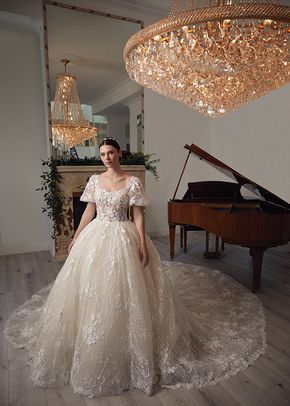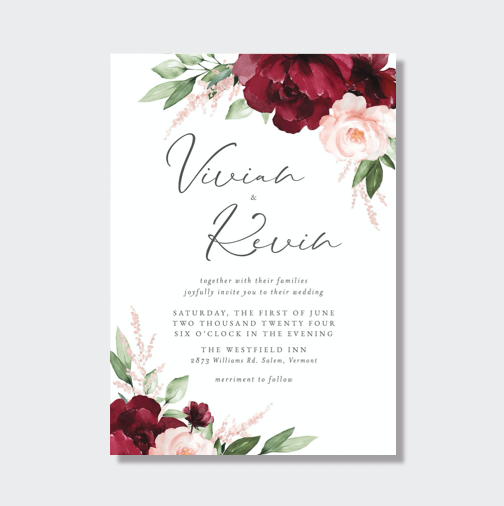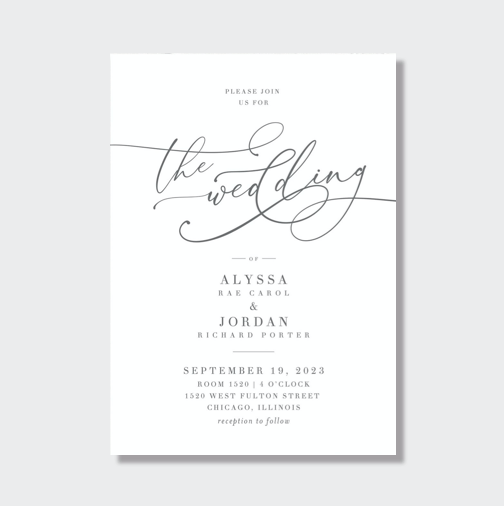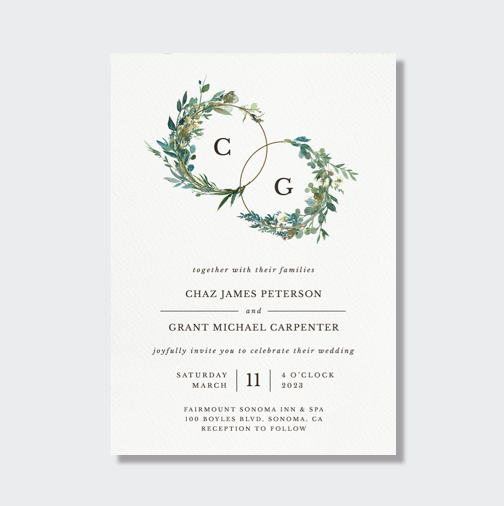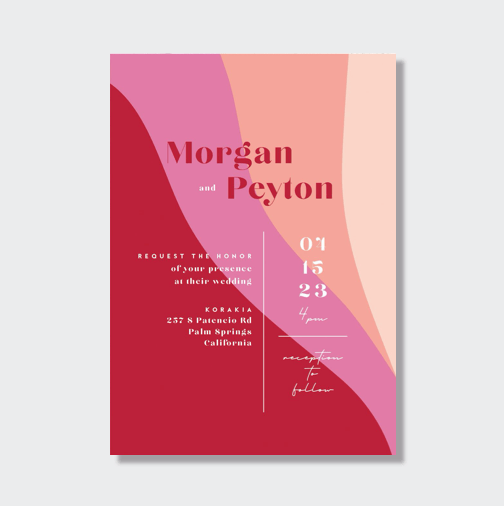Wedding Officiant Cost Guide
View other categoriesCosts displayed in graph are based on spend from thousands of couples who recently reported pricing for this service within their WeddingWire review. Pricing varies based on factors including, but not limited to, vendor’s experience, level of expertise, event guest count, date, and geographic region.
How much does a wedding officiant cost?
While a wedding officiant cost can vary depending on where you are in the country, along with a number of other factors, the average cost in the U.S. is $300 with most couples spending between $200 to $450. Remember that this is only an average, and wedding officiant prices can differ from city to city and officiant to officiant. Additional expenses, like travel fees and rehearsal time, can add on to a wedding officiant’s costs.
What does an officiant at a wedding do?
A wedding officiant has an essential role on your big day—performing your ceremony and ensuring that you and your partner are actually married. A wedding officiant can be a religious figure, like a priest, rabbi, or minister, but can also be a secular officiant like a judge, a justice of the peace, or a professional officiant who is legally allowed to perform weddings in the state where your wedding is being held. The most obvious role of a wedding officiant is to actually prepare and perform the ceremony. Whether you choose a religious or secular officiant or want a traditional or more modern ceremony, it is his or her job to work with you to create a meaningful and special experience for you, your partner and your guests. But there’s an important legal component to a ceremony officiant’s role, too. While you and your partner need to actually obtain the marriage license, your officiant will ensure that it is filled out, signed, and sent to the proper office based on your state’s marriage license laws.
Your officiant may also provide premarital counseling, and/or attend your rehearsal to ensure things run smoothly on your big day.
How far in advance should I book my officiant?
We recommend researching and booking your wedding officiant at least seven months before your wedding day. Once you’ve decided the type of officiant you’re looking for (religious or secular), start the research process by reading online reviews of officiants located near your wedding venue, then schedule interviews (in-person, whenever possible) with your favorites. Once you book your wedding officiant, you will meet with them at least a month (usually more like three months) before your wedding day to plan your ceremony from start to finish.
How much do you pay a minister, rabbi, or other religious officiant to marry you?
Many religious officiants who are affiliated with a house of worship don’t have a set fee, so it can be a bit confusing to figure out how much to pay them. If you are getting married in a house of worship, the cost of a wedding officiant may be included in the venue fee. If that’s not the case, you will likely be expected to give a donation, anywhere from $100 to $300 or more (this may depend on if you’re a member or not). If you’re unsure, don’t be afraid to ask the house of worship with which your officiant is affiliated if they have a suggested amount.
When do you have to make a donation?
A donation is typically made when your wedding is being officiated by a religious figure—whether your wedding is being held in a house or worship or elsewhere. In this case, a set fee is not required, but a suggested donation should be made to the officiant’s affiliated house of worship.
What is included in the cost of a wedding officiant?
When it comes to your wedding officiant’s cost, it’s more than just showing up on your wedding day to perform your ceremony. A typical wedding officiant’s cost includes the following:
- Prep work: There’s a lot of preparation that goes into making your ceremony a success. Your officiant will meet with you before your wedding to craft a ceremony that’s unique and meaningful to you, whether that means including religious elements, family traditions, readings you like, and more. Creating a ceremony plan takes at least three to four hours, not including edits and communication with you. If you’re writing your own wedding vows (36 percent of couples do!), your officiant can assist you with that as well.
- Travel and event time: You’re paying for your officiant’s time and presence at your wedding. And if your officiant is traveling a long distance to your event, you may incur additional travel charges.
- License handling: Your officiant is responsible for making sure your license is properly filled out, signed, and sent back within the required time frame.
- Rehearsal time: Your officiant may or may not attend your rehearsal, but if he or she does, it’s likely an extra charge.
- Equipment: Some officiants provide their own wireless microphones and speakers, which cost money to buy and maintain.
- Business expenses: From phone service and Internet to education and marketing, your wedding officiant cost probably includes these and more business expenses to ensure he or she can work efficiently and be as responsive as possible.
How much should you tip a wedding officiant?
Be sure to factor tips into your budget when determining your wedding officiant cost. Religious officiants don’t usually accept tips, instead, it’s customary to make a donation of $100 to $300 or more for his or her house or worship. If you’re having a civil officiant, he or she should receive an additional $50 to $100 for excellent service. Don’t forget to review your officiant on WeddingWire, as well.
What do I need to ask my officiant before my wedding?
It’s important to meet with your wedding officiant before booking him or her. Once booked you will likely meet and communicate with your officiant several times, so that he or she can get to know you and your future spouse, as well as what you’re looking for in a ceremony. Obviously, it’s important for your officiant to know your wedding date and time, and venue, but there are some essential questions to ask your wedding officiant as well:
- Do you have restrictions on the type of ceremony you will perform?
- How many times will we meet before the wedding? Do we meet in person or are you open to meeting via Skype or video chat?
- What is your fee? Are there any additional charges?
- How will you be dressed?
- How long is the ceremony?
- Do you attend the rehearsal?
- Can friends and family members participate in my ceremony?
- Can you provide guidance on the marriage license process in my state?
- Can we write our own vows?
- Are there other personal touches we can add on to our ceremony
- Can we receive premarital counseling from you?
- What is the best way to contact you?


